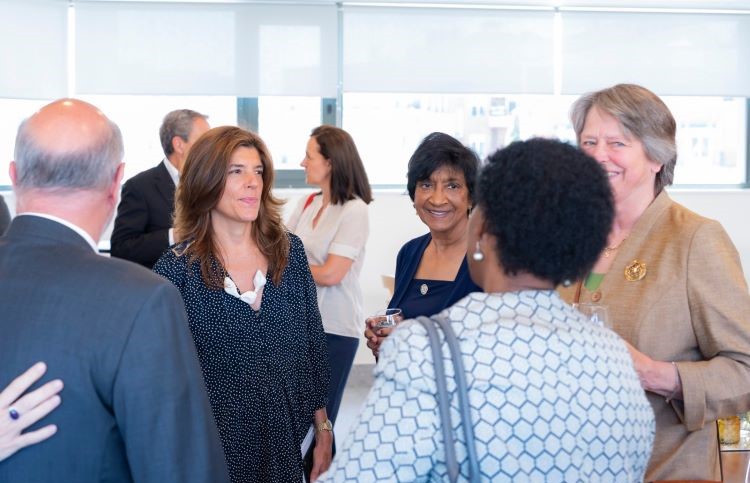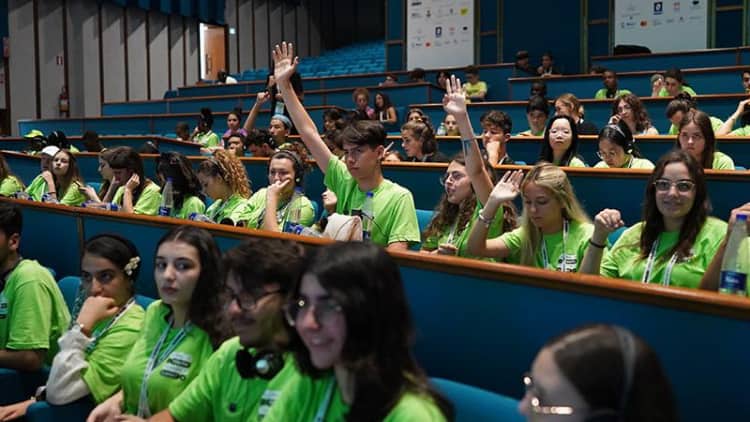The Diplomat
The Marqués de Salamanca (Madrid) headquarters of the Ministry of Foreign Affairs hosted yesterday the annual meeting of the International Commission against the Death Penalty, which was followed by a General Assembly and which addressed, among other issues, the proposed resolution on the moratorium on the use of the death penalty to be approved by the UN General Assembly next December in New York.
The meeting brought together in person a dozen of the 23 commissioners who make up the panel of eminent personalities, made up of former heads of state, presidents of government, ministers, senior UN officials, judges and academics “internationally recognized for their activism and exemplary work in favor of the abolition of the death penalty”, as reported by the Ministry of Foreign Affairs in a press release.
In their interactive session with the 23 member states of the Support Group, they addressed the international status of abolitions of the death penalty and support for the draft UN General Assembly Resolution on the moratorium on the use of the death penalty, which will be adopted in December and which has been co-sponsored by Australia and Costa Rica. After the working meetings, the members of the Commission were received by the State Secretary for Foreign and Global Affairs, Ángeles Moreno Bau, and other authorities.
During the debate, as reported to The Diplomat by the executive director of the Commission’s Secretariat, Asunta Vivó Cavaller, the commissioners offered Australia and Costa Rica their experience and their availability to try to obtain the support of the most reluctant countries for the draft resolution and, therefore, the votes necessary for it to go forward in the General Assembly. Likewise, according to the same source, the participants analyzed the Commission’s work strategies and highlighted some important advances, such as the abolition of the death penalty in the Central African Republic and the announcement of the forthcoming abolition of this punishment by Zambia and Malaysia.
The International Commission against the Death Penalty was created on October 7, 2010 at the initiative of Spain and Switzerland and has been headquartered in Madrid since 2016. Spain is the main contributor, “as a reflection of our country’s commitment to the universal abolition of capital punishment and the promotion and protection of human rights,” the Ministry continued.
Chaired by the former High Commissioner for Human Rights, jurist Navi Pillay, the organization promotes the universal abolition of the death penalty by encouraging legislative reforms in states that maintain it. The Commission also seeks to prevent executions from being carried out, particularly when they affect vulnerable groups such as minors, women, LGTIQ+ groups or people with disabilities.
According to Amnesty International, 579 executions were recorded in 18 countries in 2021, a 20% increase from the 483 executions recorded in 2020. This figure represents the second lowest number of executions recorded by Amnesty International since at least 2010. Most of the executions reported took place in China, Iran, Egypt, Saudi Arabia and Syria, in that order.







